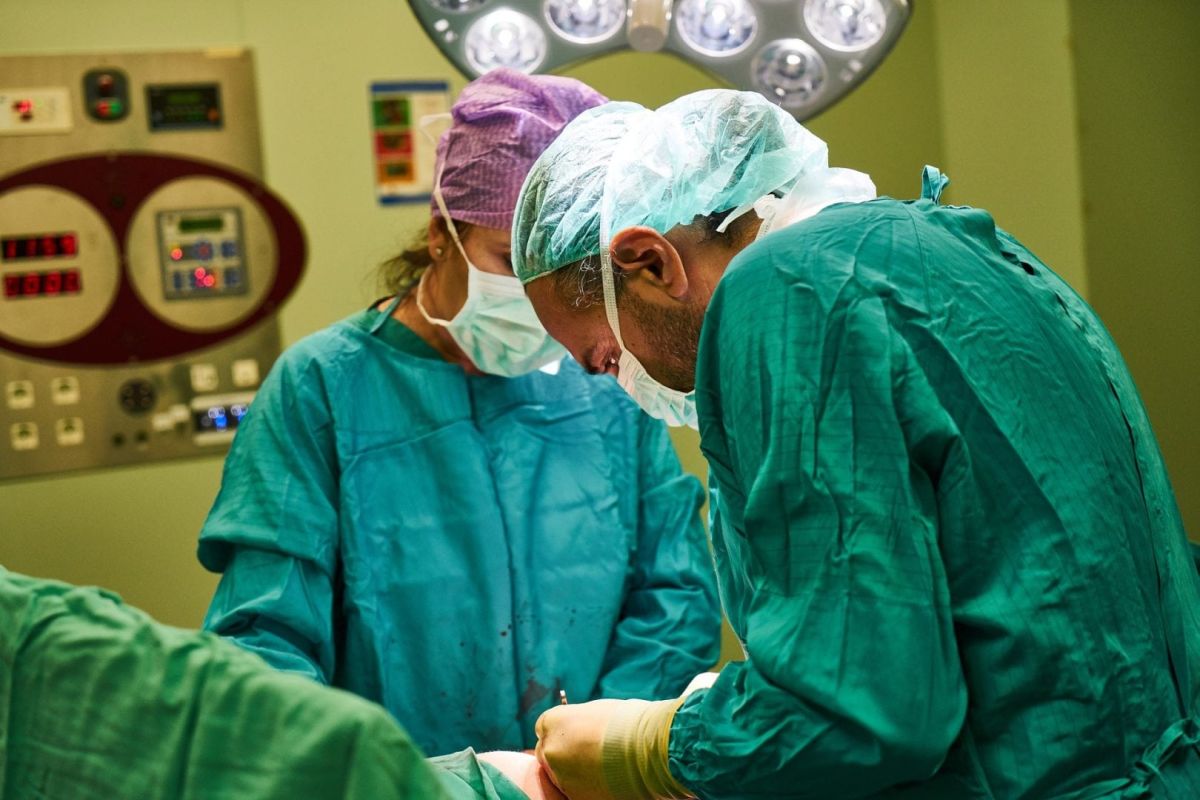Copper-coated uniforms could be the new armour against hospital infections

Researchers from the School of Materials at the University of Manchester, alongside scientists from China, have created a ‘durable and washable’ composite material that has a stable copper nanoparticle coating. It has antimicrobial properties, and retains these properties even after being washed 30 times.
Their paper, published in the Journal of Nanomaterials, explains how the durability and stability needed for the copper-coating to be effective is achieved. Through a process called ‘polymer surface grafting’, strong chemical bonds between the metal and the fabric are created.The nanoparticles are evenly and firmly attached to the surface of the fabric using this technique, and the resulting material has a reinforced ‘concrete-like’ structure which is able to survive washing.
Prior to this new research, it has been difficult for scientists to find a way to employ the properties of copper by combining it with wearable material. The new technique, however, which uses a polymer ‘brush’, can bind the nanoparticles to both cotton and polymer fabrics. The copper nanoparticles, when bound to cotton and polyester fabrics, have demonstrated valuable antibacterial properties against microbes that cause huge problems in UK hospitals.
With an estimated spending of £2.3 billion on bacterial infection in the NHS, this potential new protection against such microbes could help reduce the amount of money spent on tackling this issue in the long run. Although the precious metals silver and gold also show excellent antibacterial and antimicrobial properties, the use of copper nanoparticles cuts costs significantly.
Despite using copper rather than silver or gold, the process of making this new composite material is still highly expensive. However, lead author Dr Xuqing Liu, from the University of Manchester, is optimistic and says this is a problem further research will address: “These results are very positive and some companies are already showing interest in developing this technology. We hope we can commercialise the advanced technology within a couple of years. We have now started to work on reducing cost and making the process even simpler.”
The composite material showed resistance to the bacteria Escherichia coli (E. coli) and Staphylococcus aureus (S. aureus). E. coli infections caused approximately 5,500 deaths of NHS patients in 2015. S. aureus bacteria, present as the deadly methicillin-resistant S. aureus (MRSA), the so-called ‘superbug’, is resistant to many widely used antibiotics, mainly affecting patients staying in hospitals.
Both E. coli and S. aureus are spread from patient to patient via a number of routes, being transferred to humans from clothing and other surfaces that carry the bacteria. Staff uniforms that incorporate the new composite material may prevent nurses and doctors spreading infection among hospital occupants.
Alice Charles, a 3rd year medical student at the University of Manchester, tells The Mancunian that incorporating the new technology into hospital environments is a step in the right direction: “Infections such as E. coli and MRSA carry high risks for patients and staff, and using materials that reduce this risk is a good step in outbreak management. Although there’s PPE (personal protective equipment, such as gloves plastic aprons) in place, additional protection may be important.”
The new copper-coated material has great potential in dealing with a serious challenge faced within healthcare, and with further development we could soon see copper nanoparticles as an essential part of hospital staff uniforms.







